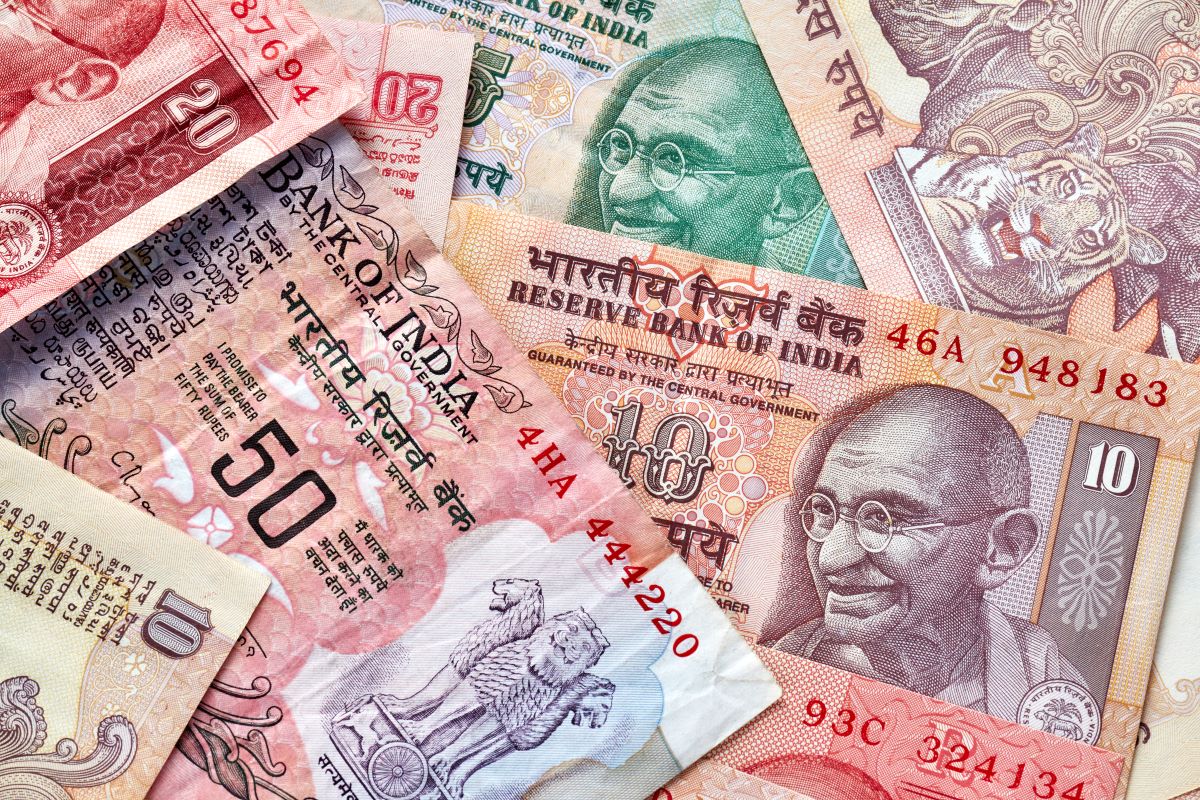Tanzania joins a growing list of African states to trade with India in Rupee
Rupee trade to reduce conversion costs and mitigate foreign exchange risk

In a move set to bolster Tanzania-India trade relations, the Reserve Bank of India (RBI) has authorised the direct use of the Indian rupee for commerce in March 2023. This development, aimed at reducing reliance on the US dollar, is expected to not only preserve hard currency reserves but also promote increased bilateral trade between the two nations.
The RBI has allowed authorised Indian financial institutions to open Special Rupee Vostro Accounts (SRVAs) for correspondent banks in Tanzania. These accounts are denominated in Indian rupees and enable foreign banks to facilitate transactions in Indian currency for their customers, typically for trade-related payments.
Traditionally, if an Indian buyer purchased goods from a Tanzanian seller, the buyer would need to convert Indian rupees into US dollars, which the seller would then convert into Tanzanian shillings. In this process, both parties incur conversion expenses and bear the risk of foreign exchange rate fluctuations. Under the new system, Indian importers will transfer payments in rupees to the Tanzanian correspondent bank's SRVA. Meanwhile, Indian exporters to Tanzania can obtain their earnings in rupees from the designated SRVA's available balance. If there is a surplus of rupees in the account, it can be utilised for various transactions in India, such as capital and current account transactions or investments.
India’s Bank of Baroda has already received the RBI's green light to open SRVAs for its branches in Tanzania.
India is Tanzania's second biggest trading partner after China, with data from the Indian High Commission in Dar es Salaam putting the value of commerce between the countries at US$4.5bn for the year ending March 2022. Major imports from India to Tanzania are petroleum products, medicines and engineering goods, while Tanzania's exports include gold, cashew nuts, and various other agricultural commodities.
Over the past decade, India has pursued several initiatives to boost the usage of its currency in international trade and investment. For instance, India has expanded existing currency swap agreements and signed new ones with countries like Japan and the United Arab Emirates. Since 2015, the RBI has also allowed Indian companies to issue ‘masala bonds’ (as Indian Rupee bonds are now commonly called) in the international market, which enables them to raise capital from investors without the risks associated with foreign currency denominated debt. The SRVA system was introduced by the RBI in July 2022 as a new mechanism to settle international trade in rupees. Initially, several Russian banks opened rupee Vostro accounts in the wake of Western sanctions. The RBI has since granted approvals to foreign banks in over a eighteen countries – including Botswana, Kenya, Mauritius, Seychelles, and Uganda – to open Vostro accounts.
References
‘India, Japan sign $75 billion currency swap agreement’, Reuters, 29 October 2018
‘What’s in it for India in $75 billion currency swap pact with Japan’, The Times of India, 31 October 2018
‘UAE and India sign 35 billion rupees currency swap agreement’, Reuters, 04 December 2018
‘Tanzania - Country Commercial Guide’, International Trade Administration, U.S. Department of Commerce, 14 December 2022
‘India rupee settlement mechanism draws interest from more nations’, Reuters, 16 December 2022
‘Explained: How the Indian rupee is going global and drawing interest from more nations’, The Times Of India, 19 December 2022
‘Can the Indian rupee replace the dollar as an international currency’, The Times Of India, 07 February 2023
‘20 Russian banks open rupee vostro accounts for trade with India’, The Hindu Business Line, 15 February 2023
‘Bilateral trade settlement between Tanzania and India in domestic currencies’, High Commission of India Dar es Salaam, 16 March 2023‘Tanzania and India now to trade in own currencies’, The Citizen, 17 March 2023
‘Masala bonds’, Wikipedia, 26 March 2023















/enri-thumbnails/careeropportunities1f0caf1c-a12d-479c-be7c-3c04e085c617.tmb-mega-menu.jpg?Culture=en&sfvrsn=d7261e3b_1)

/cradle-thumbnails/research-capabilities1516d0ba63aa44f0b4ee77a8c05263b2.tmb-mega-menu.jpg?Culture=en&sfvrsn=1bc94f8_1)







